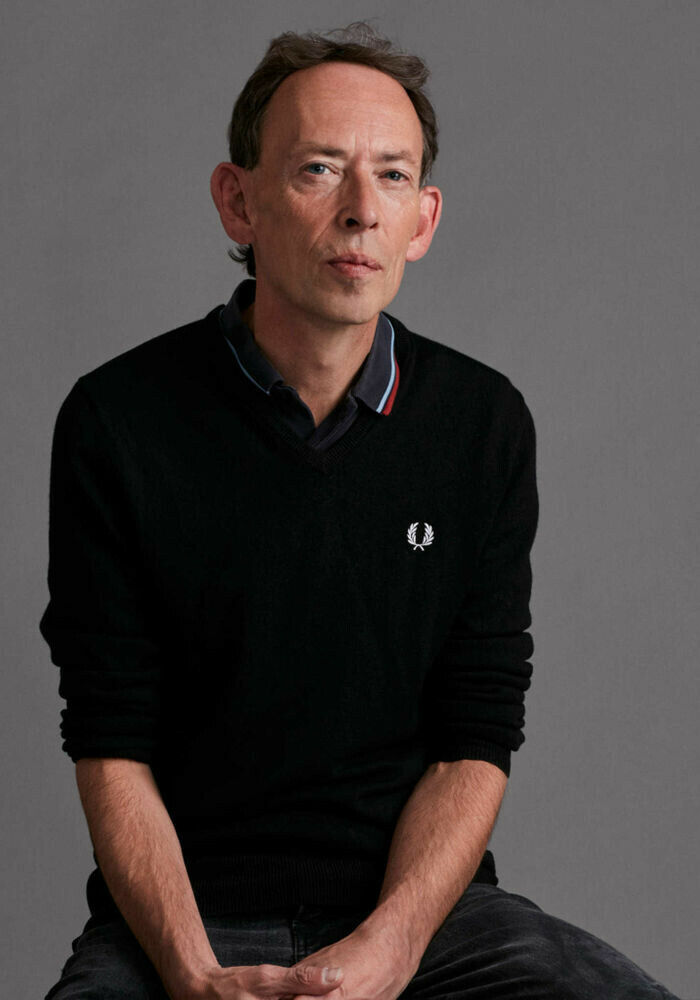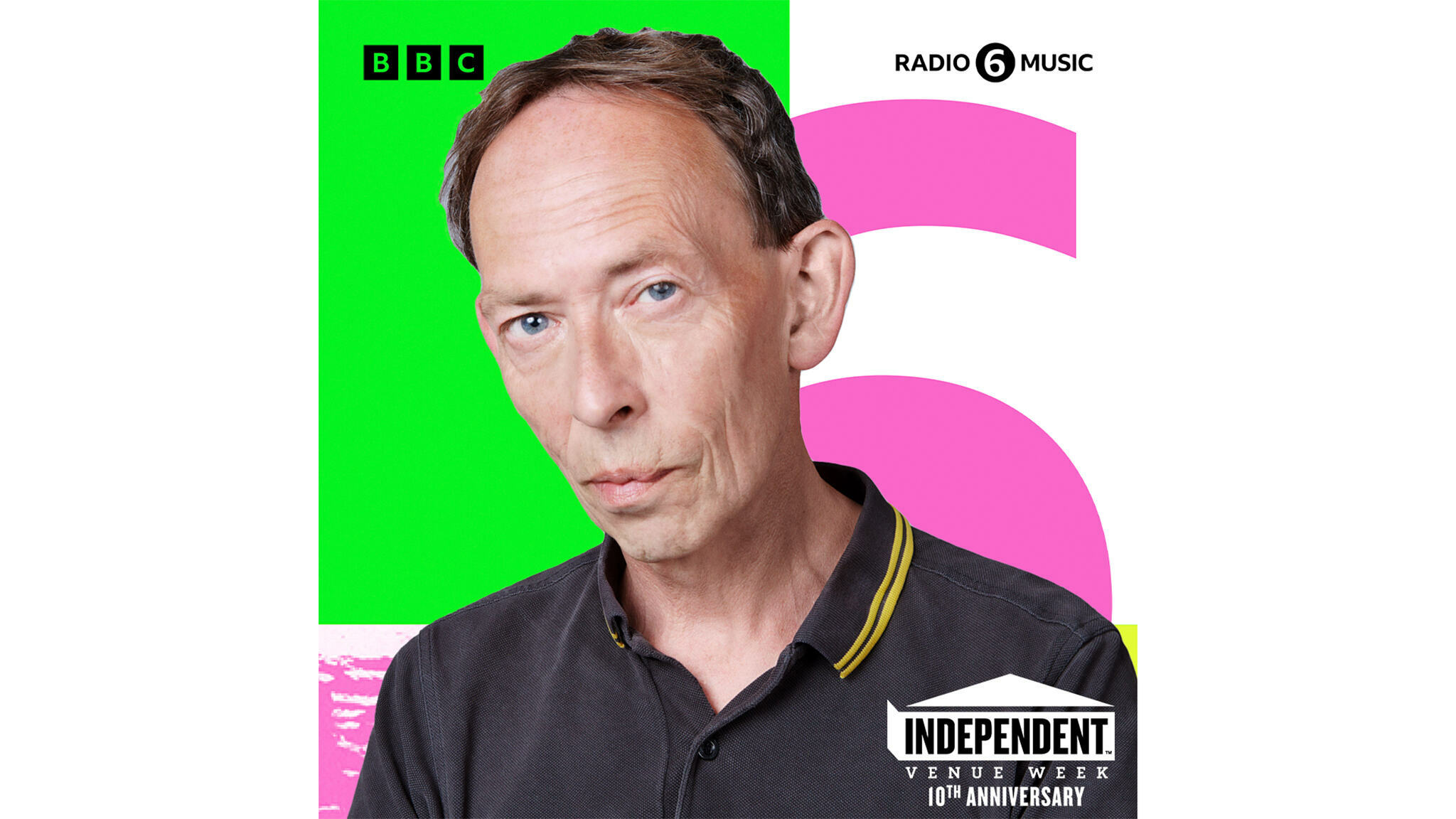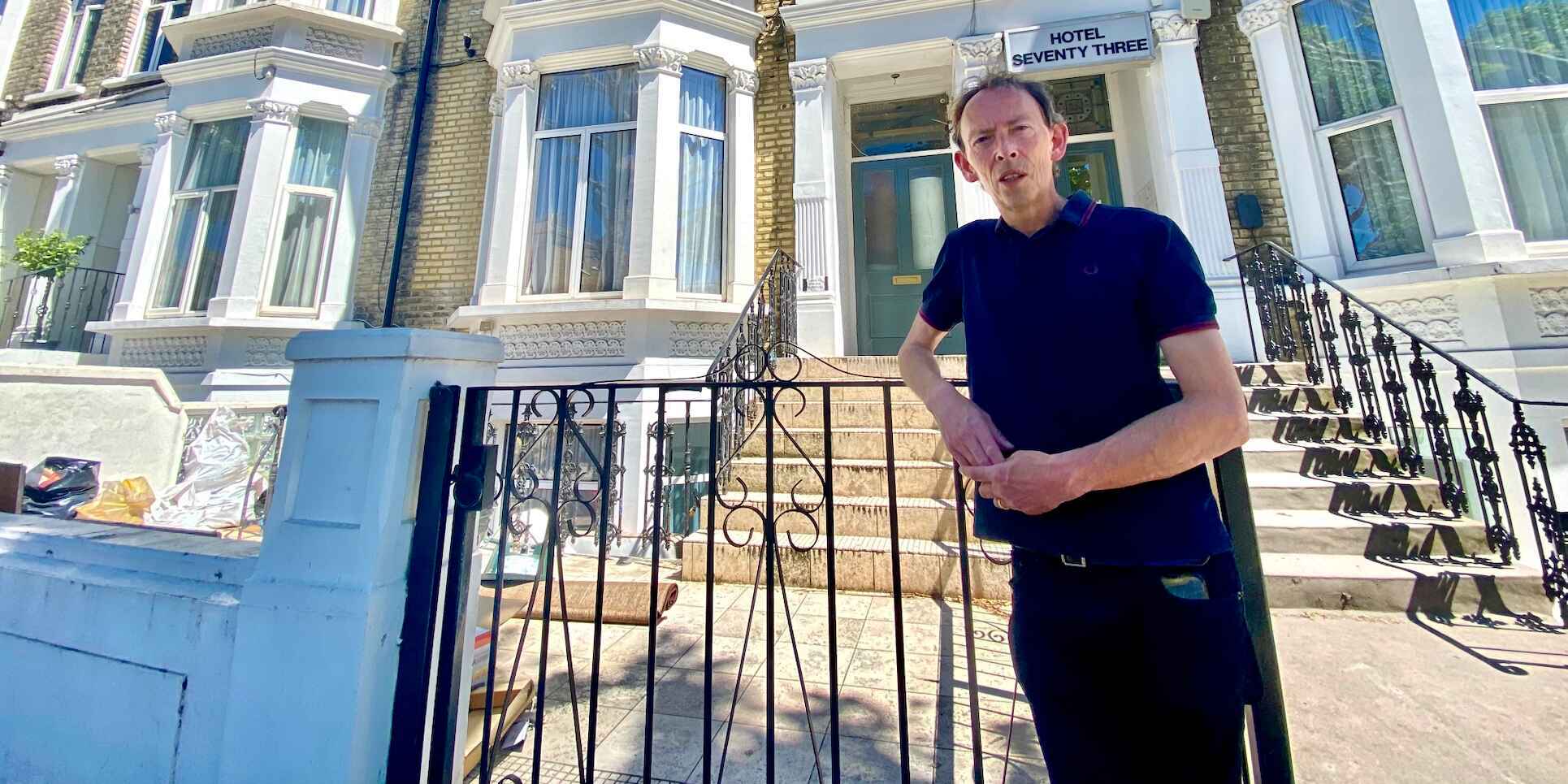Broadcasting legend, BBC Radio 6 Music presenter Steve Lamacq, speaks to Headliner about the upcoming Independent Venue Week and why 2023 is set to be the most challenging year the live indie sector has ever faced.
To mark the 10th anniversary of Independent Venue Week, Lamacq will be taking his 6 Music tour bus on a UK-wide tour of independent venues for a series of special shows, broadcasting from 4pm-7pm every day from Monday, January 30 to Friday, February 3. The tour kicks off on Monday at Ramsgate Music Hall with a performance by Sprints, followed by a set from Grove at the Hare and Hounds in Birmingham on Tuesday. On Wednesday, Young Fathers will be taking the stage at the Norwich Arts Centre, with The Murder Capital performing at KU Stockton on Thursday. On Friday, Suede will be bringing the tour to a close with an intimate performance at Stereo in Glasgow. All of the artists will join Lamacq in conversation at each of these venues.
Samantha Moy, head of BBC Radio 6 Music, said of the tour: “So many of 6 Music’s favourite emerging and established artists started out performing in small independent venues across the UK. In a post-pandemic music industry, it’s never been more important to support these venues and showcase the vital role and space they provide for musicians and fans alike. I’m incredibly proud that Lammo is on the road for a week, across the UK, shining a light on such an integral part of our music eco-system.”
To find out more, Headliner sat down with Lamacq for a chat about 10 years of Independent Venue Week, the state of the sector, and his personal connection to the grassroots circuit.
For those unaware, what is Independent Venue Week and how did it come about?
The initial thought behind it is that one of the most challenging and crucial parts of the year is that period just after Christmas, where there are less artists touring and less money in people’s pockets. So it’s hard for anyone in hospitality to make much money, but particularly for live music venues. A lot of tours don’t really start until February or March, so the idea was to create an event that got people out to their local venues at the start of the year. That’s how it was born. It was very small when it first started, but now there are over 300 venues taking part, gigs taking place all over the country, so there is a lot to see, whether it’s stuff you might know or just popping to your local venue to check out something new.
Tell us about what you will you be doing to mark the event?
We have set up five gigs once again. Last year we staged five gigs but could only go to one of them, so we had to cover the tour from base camp in London. But this time we are out on the road, and we will be travelling around the country in our 6 Music Tea Time Tour Bus, which we will be working and sleeping on. We’ve built a little studio on the bus so we can do the show from there wherever we are parked for the show that night. We are starting at the Music Hall in Ramsgate, and I know that there is a massive car park just by it, so I imagine our bus will be parked by the recycling bins in the car park, and that is just the first of many glamourous locations we’ll be brining you the show from!





